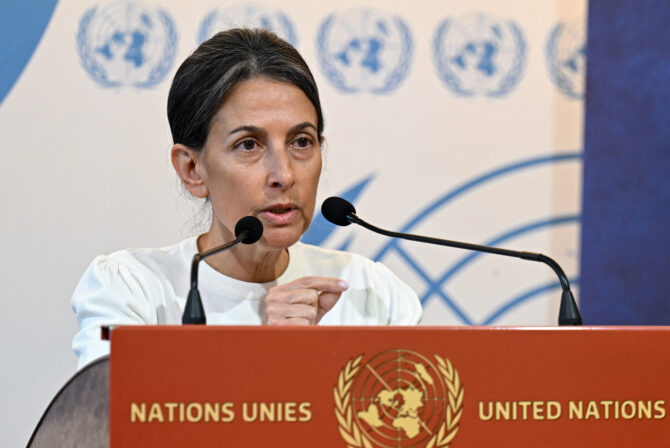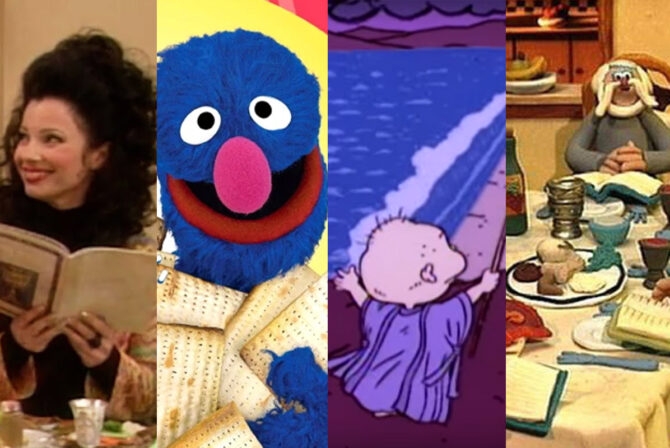Tamara Reese’s recent post “You Can’t Shame a Woman into Breastfeeding” left me feeling ashamed.
My husband and I have a sweet, healthy 1-year-old son, Ezra. During Ezra’s first year, he got most of his nutrition from formula. For the first seven months, I supplemented that formula with a few ounces a day of breastmilk–the most my body was able to muster, through insane efforts. I’m part of the 5% of women who deal with primary lactation failure, probably due in my case to my underactive thyroid and my hypo-plastic breasts (aka insufficient glandular tissue).
I was nodding emphatically while reading Tamara’s post. But then I got to this part, near the bottom: “Show women that if used correctly formula can be a bridge to breastfeeding, not a scarlet letter sitting in her cart robbing her of her dignity.” And that’s when I bristled. It brought me back to the state of shame that tainted my first months of motherhood.
When we first introduced formula, I experienced it as a scarlet letter robbing me of my dignity, just like Tamara wrote. I desperately hoped it would be a bridge to breastfeeding.
The first time I fed Ezra formula at
shul
, I felt humiliated. Our shul is a place where women nurse in their seats during services–some covered, some uncovered. Before Ezra was born, my friends and I had engaged in many debates at the Shabbat table about the appropriateness or inappropriateness of this. But I had never seen anyone pull out a bottle of formula in shul, and I had never imagined that I would have to do it. That first time broke my heart. (Ask my kind friend Reuben; I cried to him about it after davening.)
I hoped formula would be a “bridge to breastfeeding,” a temporary crutch while I waited for my milk supply to increase like my lactation consultants, midwives, doctors, and nurses promised it would. I tried every possible intervention and nothing made any difference. But for the first month or so of Ezra’s life, every time I put him to my breast I thought to myself, “Maybe THIS will finally be the time he gets enough milk.”
Each time he finished nursing, I watched him optimistically to see if he was satisfied. But he never was. And after 500 or so rounds of that (literally), I just got too tired to hope anymore. Formula wasn’t going to be our bridge to breastfeeding; it was going to be Ezra’s main source of nutrition for his first year. And at first, I felt terrible shame. Most of the new moms I knew were working extremely hard to ensure that not a single drop of formula would ever pass their babies’ lips. They never said it in so many words, but the implicit message was clear: formula is really bad for babies.
After I emerged from my new-parent fog and re-entered my old brain and body, I did a lot of reading and writing and talking to the right people, and I was able to let go of that shame…sort of. I turned it into anger at the culture that convinces women (incorrectly) that raising a baby on formula is about as unhealthy as raising a preschooler on a diet of three daily Big Macs. Sure, breastmilk offers advantages that formula doesn’t. But formula is a safe, healthy, nutritious alternative. A 2005 study that compared pairs of siblings where one was breast-fed and one was formula-fed showed no discernible difference in the children’s health outcomes.
It breaks my heart that the only positive thing we’re allowed to say about formula is that it can be a bridge to breastfeeding. And (like Tamara) it breaks my heart that for many women (including me, once upon a time) formula is a scarlet letter robbing them of dignity. For my family, formula is a blessing. It transformed our starving, dehydrated, agitated newborn into a calm, happy, healthy baby, and helped him grow to be the loving, curious, and spirited almost-toddler he is now.
Unlike Kim Simon and Tamara Reese, I don’t pray for a second chance to breastfeed. I pray for a second chance to bond with a perfect newborn baby, to keep that baby full and happy and comfortable, to listen to my body and my instincts, and to say no to the bullies who tell me to divert my attention away from that baby and towards pumps, pills, and lactation aids. Tamara is right, you can’t shame a woman into breastfeeding.
Like this post? Get the best of Kveller delivered straight to you inbox.







